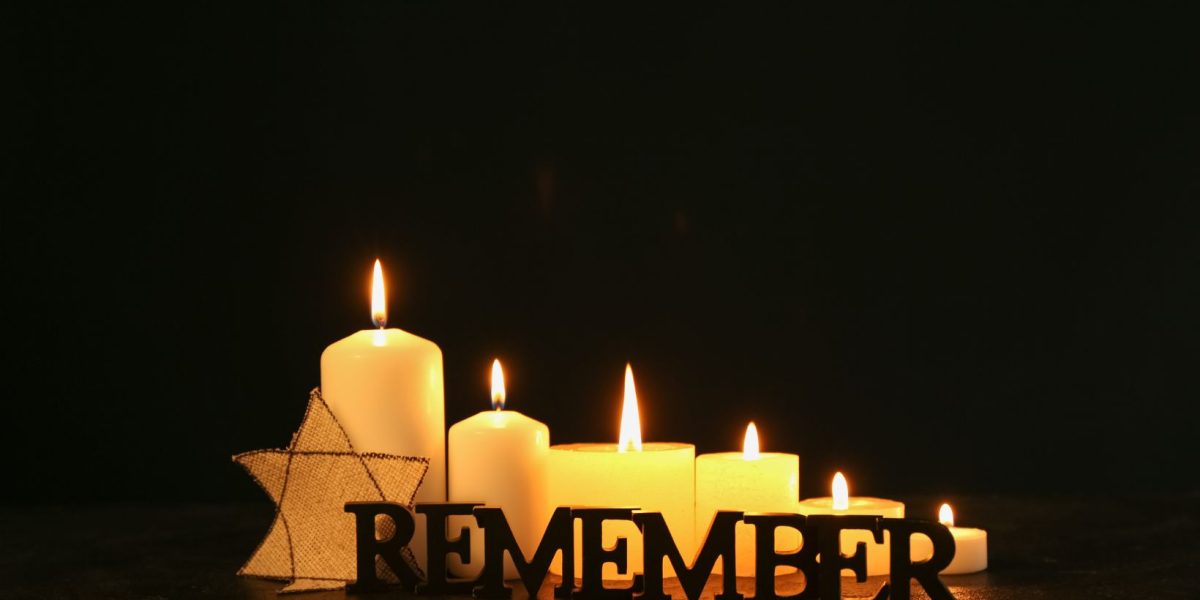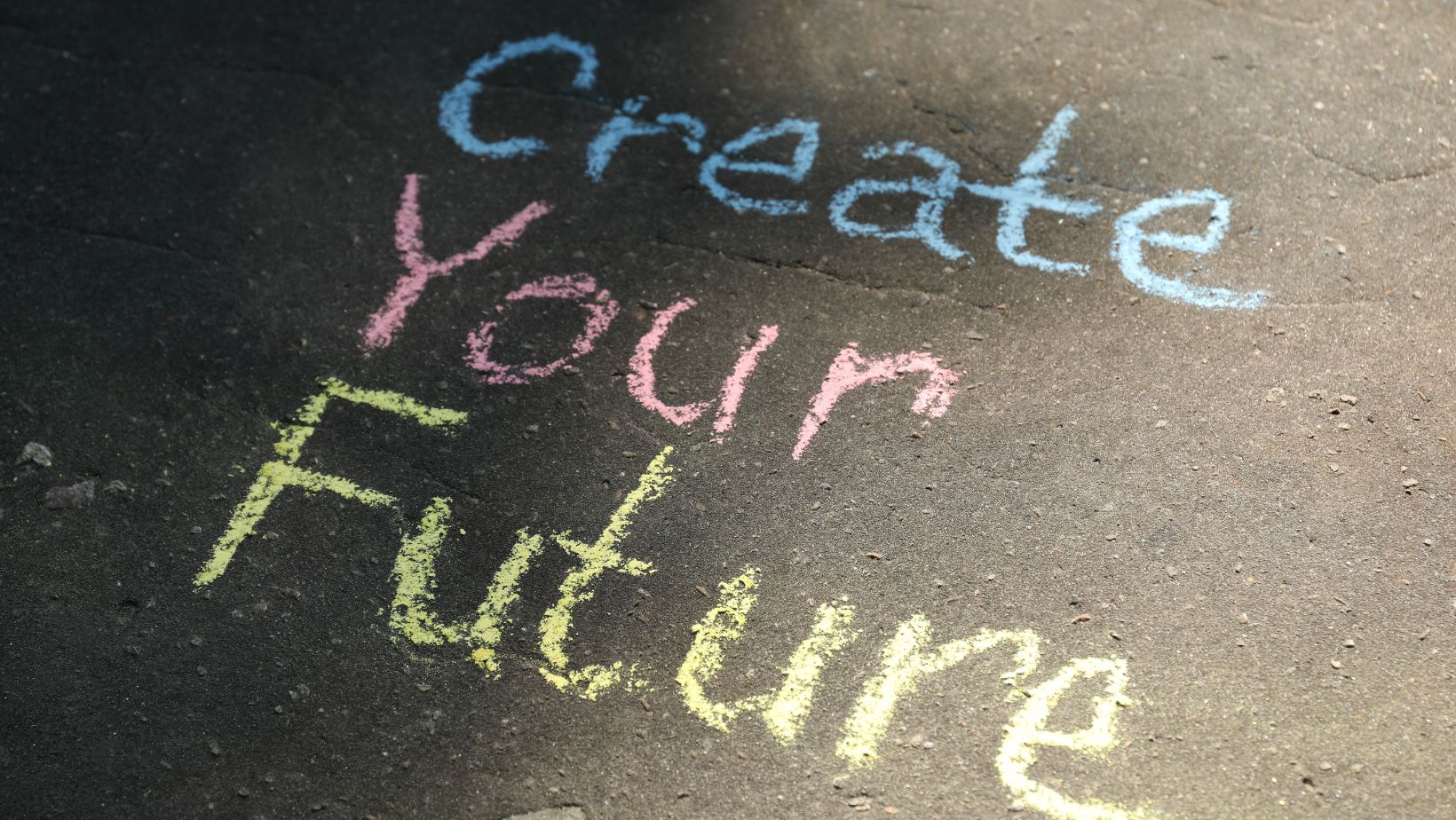Honoring the Unforgettable
Holocaust Remembrance Day, observed annually on January 27th, stands as a somber reminder of one of the darkest chapters in human history—the systematic genocide orchestrated by the Nazis during World War II. This day serves as an opportunity for people worldwide to reflect on the atrocities committed against six million Jews and millions of others, including Romani people, Poles, Soviet POWs, disabled individuals, and others targeted by the Nazi regime. As we commemorate Holocaust Remembrance Day, it is essential to recognize the importance of preserving the memory of those who suffered and perished, and to ensure that the lessons of the Holocaust are never forgotten.
Remembering the Victims
At the heart of Holocaust Remembrance Day is the act of remembering the victims and honoring their individual stories. Six million is an overwhelming number, but behind that statistic lie countless personal narratives of loss, resilience, and the profound impact on families and communities. From Anne Frank’s diary to the stories of survivors like Elie Wiesel, the testimonies provide a glimpse into the human spirit’s ability to endure even in the face of unimaginable horror.
The Importance of Education
One of the key aspects of Holocaust Remembrance Day is education. It is crucial to impart the knowledge of the Holocaust to younger generations, ensuring that the atrocities committed during that time are not only acknowledged but understood. Education about the Holocaust fosters empathy, tolerance, and an unwavering commitment to human rights. By learning about the past, we equip ourselves with the tools to confront prejudice, discrimination, and hatred in the present and future.
Preserving Holocaust Memory
Holocaust Remembrance Day encourages us to actively engage in preserving the memory of the Holocaust. Museums, memorials, and educational institutions worldwide play a vital role in ensuring that the lessons of the Holocaust are kept alive. The United States Holocaust Memorial Museum, Yad Vashem in Israel, and Auschwitz-Birkenau in Poland are just a few examples of institutions dedicated to documenting, preserving, and sharing the history of the Holocaust.
Challenging Denial and Distortion
In a world where misinformation can spread rapidly, Holocaust Remembrance Day underscores the importance of challenging Holocaust denial and distortion. Denying the Holocaust is not only an affront to historical truth but also a dangerous form of anti-Semitism. By actively countering denial and distortion, we contribute to the preservation of historical accuracy and the dignity of the victims.
A Call to Action
Holocaust Remembrance Day is not merely a day of passive reflection; it is a call to action. As we remember the victims, we must actively work to prevent the recurrence of such atrocities. This involves standing against hatred, intolerance, and discrimination in all its forms. By promoting inclusivity, understanding, and respect for diversity, we contribute to building a world where the horrors of the Holocaust remain firmly in the past.
Conclusion
Holocaust Remembrance Day is a solemn occasion that urges us to reflect on the past, learn from history, and actively work towards a better future. By remembering the victims, educating future generations, preserving the memory, challenging denial, and taking concrete actions against discrimination, we honor the legacy of those who suffered and perished during one of humanity’s darkest hours. As we observe this day, let us reaffirm our commitment to building a world where the lessons of the Holocaust guide us towards a future of compassion, justice, and unity.





